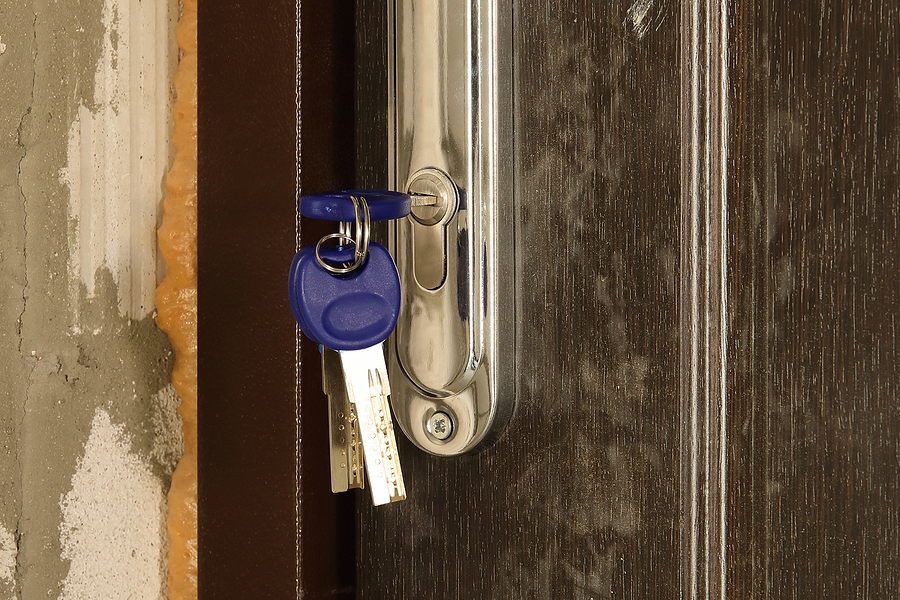If you are asking this question, you are probably either just entering the landlord business, or have been in the business for a while and are looking for a better way.
Several decades ago, the landlord business was much different. Landlords rented to whomever they wanted, based upon any criteria, and if the rent was not paid, it was not uncommon to change the locks on the doors so the tenants could not get back in. That is definitely not the case today. There are a lot of national and state laws protecting tenants. Certainly, that needed to happen. Today’s laws level the field so that all potential tenants have an equal opportunity to rent a property. “Self-help evictions” as they are now called; changing the locks, is a misdemeanor, and can cost you big money in civil court.
Landlords can still do well on their own, but there is more of a learning curve to understanding the business, knowing the laws, and profitably providing quality housing. Ask yourself some questions if you are considering that you want to manage your own rental:
- Do you want to do this? If the answer is yes, make sure you mean it. Many people say they want to run a marathon, but when training starts, maybe that ambition diminishes. Make sure you truly want to do it. Make sure you don’t just like the “idea” of being a landlord.
- How will you select a tenant? There are tools that you can use like TransUnion’s Smartmove https://www.mysmartmove.com/ , or Zumper https://www.zumper.com/manage/screen-tenants. With these tools you will be able to gather applications and generate credit screening documents. Screening tools are essential, but also be prepared to be able to interpret the data. You will also need to qualify income. A person may have good credit, but if they cannot afford your rent, you are finished before you start. Be familiar with how to calculate monthly income from paystubs, tax returns or whatever you may receive. Also beware of fake paystubs that are easily generated specifically to get approvals. They look very real, and there are many websites that are used to make them.
- If the tenants don’t pay, what will you do? You should be familiar with national and state laws regarding what you can do to collect the rent. If you are not, at least consult with an attorney or experienced landlord to get it right.
- Do you have lease documents? You can find generic ones all over the place. Don’t use them. Your lease should be more comprehensive to cover a wide range of potential issues. State to state there are big differences in what you can and cannot do. Your lease needs to be specific for your state. Sometimes an eviction attorney might be willing to give you a basic lease that will at least be legal for your state. A real estate investors club might also be able to point you in the right direction.
- How will you manage repairs? A common question you hear when people discuss the landlord business is, “Are you ready for the midnight call saying the water heater is busted?” The question can be misleading, because the calls don’t always come at midnight. They also come just as you hit the road for your vacation, while you are crazy busy at work, and while you are at your daughter’s birthday party. You should have a plan for emergency repairs and minor repairs. If you think you may be away from time to time, you should introduce your tenants to your backup person that may need to come on site to at least diagnose what needs to be done in an emergency situation. Minor repairs, perhaps you can do yourself. A handyman service can be an affordable option also. Remember though, that you will need your tenant’s permission to enter the house on a non-emergency. If you don’t have permission, make sure you give appropriate notice.
Being a landlord is challenging and a big responsibility. It can also be rewarding and profitable. To be rewarding and profitable will require diligence and hard work on your part. Joining a real estate investors club can be a great opportunity to learn, and develop relationships to help you in your venture.
If being a landlord is not for you just yet, or perhaps not any longer, a property manager may be a good option. Next… selecting a property manager…
This article was originally published at https://www.thekeytorentals.com/
Thank you for reading! 😊




.jpg)








